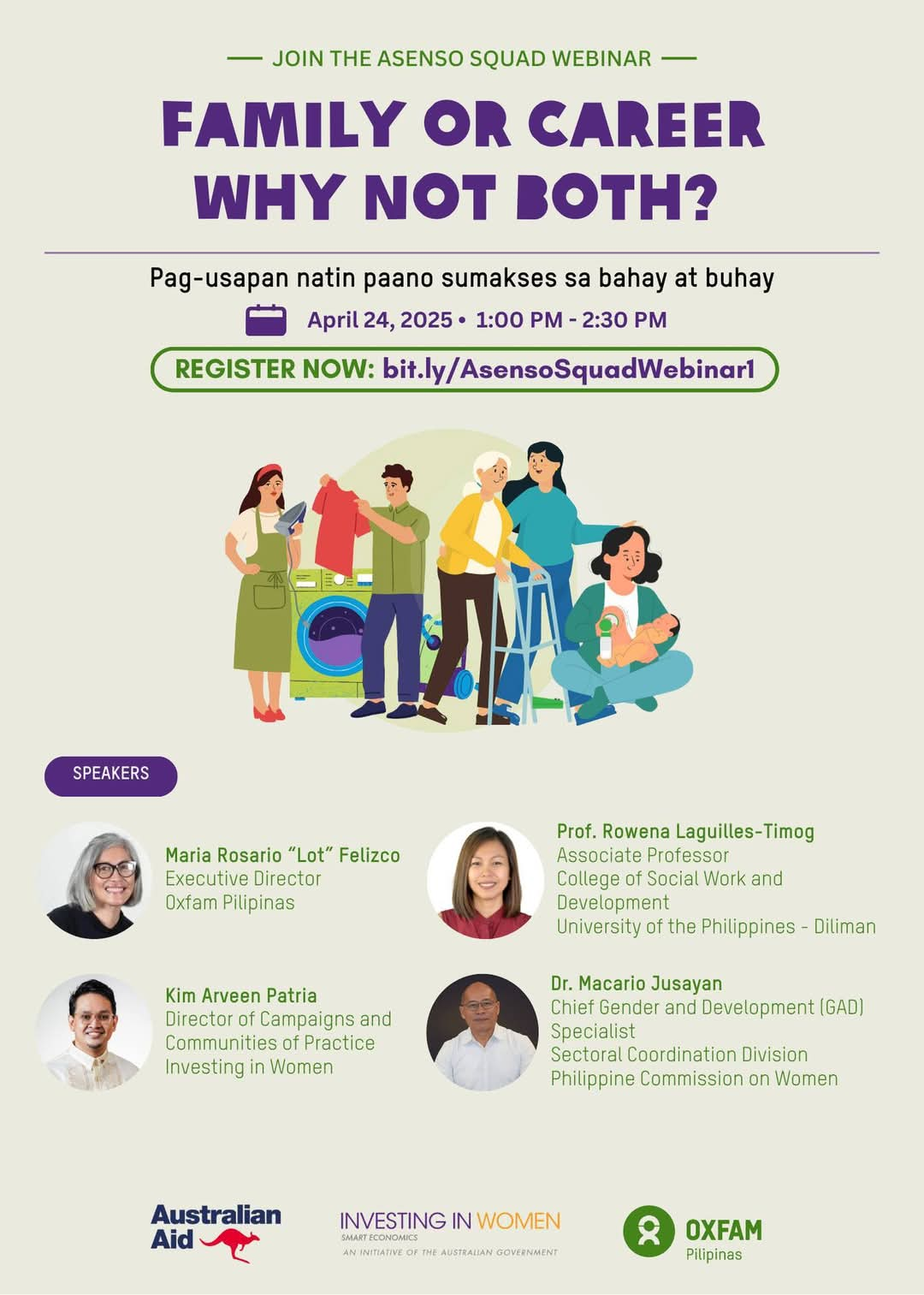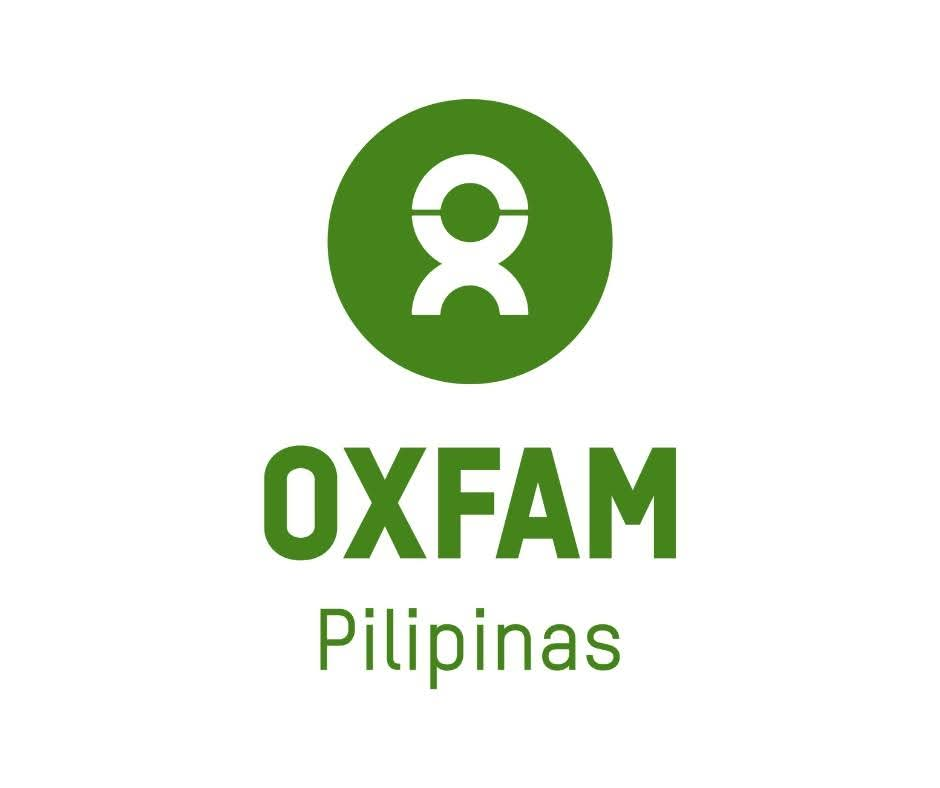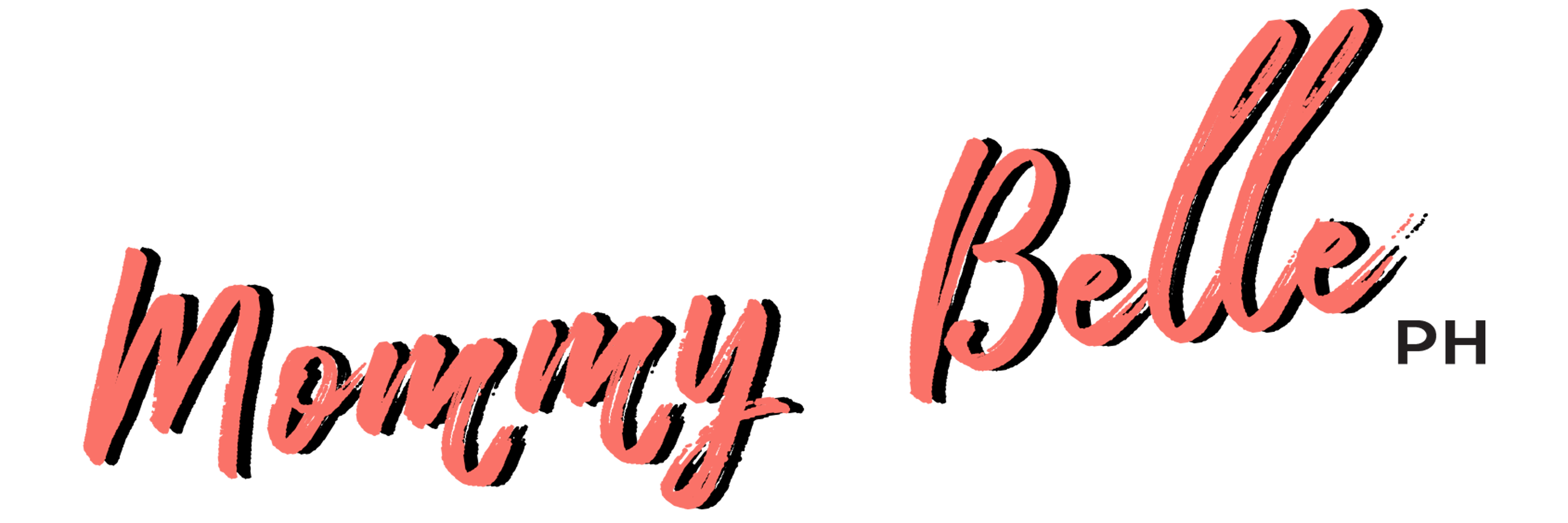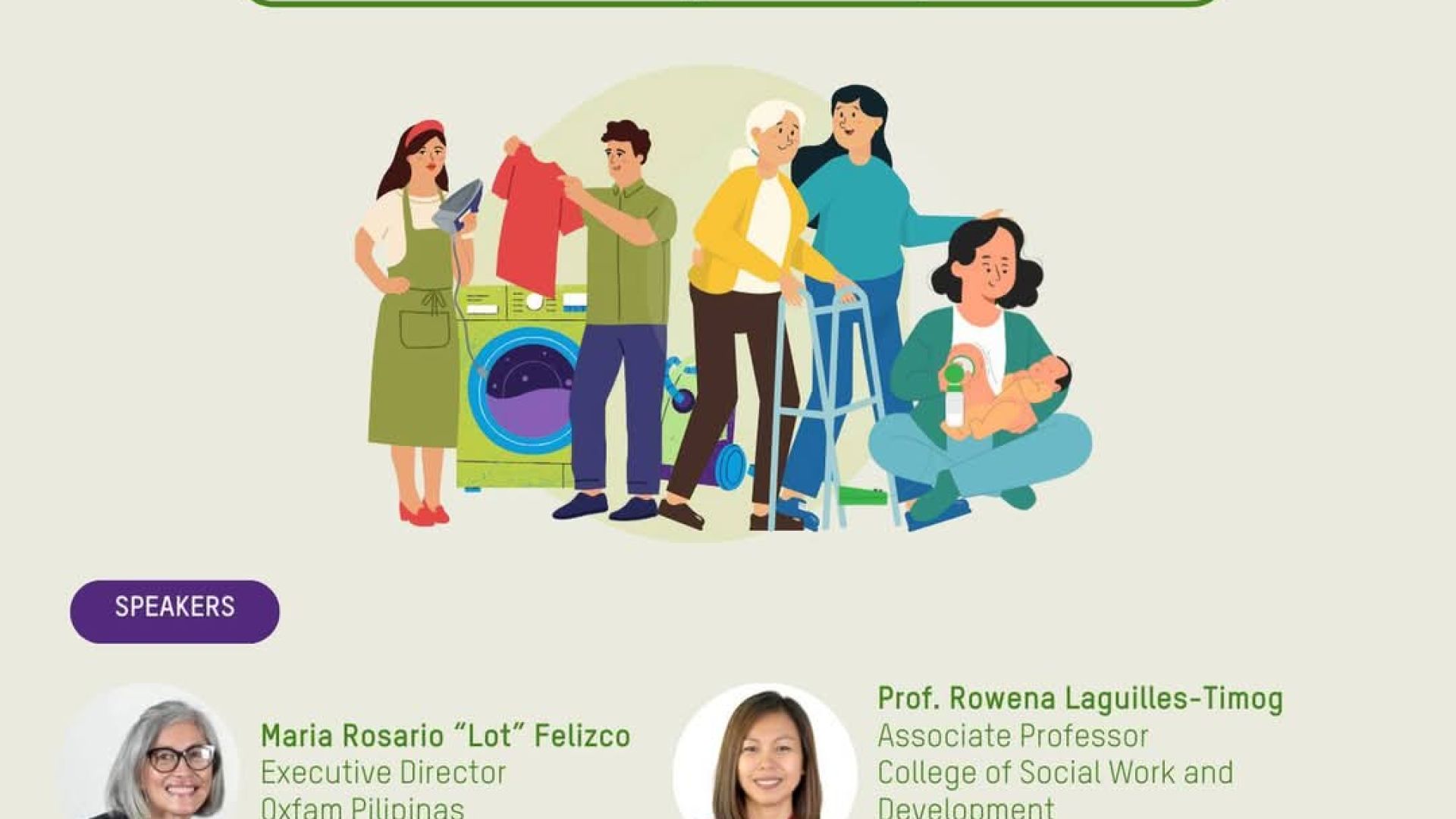Oxfam Pilipinas, Institute for Social Entrepreneurship in Asia, and OCI Group launched Asenso Squad, an online campaign that brings together the micro, small, and medium enterprises (MSME) community to share lived experiences on breadwinning, unpaid care and domestic work, and gender equality.

The campaign, part of “EmpowerHer: Embedding Gender Equality in MSME Business Practices in the Philippines” project, addresses the issue of shared care work at home and how it limits work opportunities for women. The project, supported by Investing in Women, an initiative by the Australian Government, also promotes equal distribution of care work among household members.
“When household members share the responsibility of care work equally, it doesn’t just ease the burden on women—it builds stronger, more resilient households. It also gives everyone, regardless of gender, the chance to thrive both at home and in their careers,” says Lot Felizco, Executive Director of Oxfam Pilipinas.
She adds, “Women’s participation in economic activities brings a ripple effect—not only does it boost household incomes, but it also strengthens community economies and fosters inclusive growth. Redistributing care work is a crucial step in unlocking this potential.”
The campaign kicks off with an online forum, ‘Family or Career, Why Not Both? Pag-usapan natin paano sumakses sa bahay at buhay.’ The forum highlights the effects of assigning majority of unpaid care and domestic work to women in the typical Filipino household, limiting opportunities to seek employment or pursue entrepreneurship which can help support the family financially.
Gender gap in the workplace
The Philippines slid nine spots and ranked 25th in the 2024 Global Gender Gap Index, which measures gender parity or equal proportion of genders in four areas: economic participation and opportunity, educational attainment, health and survival, and political empowerment.
The report showed the Philippines had 1.4 percentage points lower in overall economic participation and opportunity. The country dropped 5.3 and 2 percentage points in women’s share of legislators, senior officials, and managers, and perceived wage equality for similar work, respectively.
Studies have pointed to women performing more and longer hours of care work as the cause of the decline in women’s participation in the workforce. Care work may refer to domestic work such as laundry, cooking, cleaning, childcare, and caring for older people or persons with disabilities—all assumed to be part of the woman’s role in the household.
A National Economic Development Authority (NEDA) 2024 study mirrored the reported decline in the Global Gender Gap Report. It showed that 0.8 percent of women (21.9 million) were working, compared to 76 percent (30 million) of men. The study added that marriage and childbearing are associated with a significant decline in women’s labor force participation, noting that women take on domestic roles while men take on economic or productive roles in the Filipino household.
An Oxfam Pilipinas 2021 study on unpaid care and domestic work revealed that women spend on average 6.5 hours daily on care work— three times more than men. Girls were reported to spend longer time on care work and total work than boys in the same age group.
Care work also puts women at risk of injuries, illness, and other harm. Both women and men respondents of the study said that beating and yelling at women and shaming men for doing housework were acceptable.
Join the AsensoSquad Facebook group page to learn and share experiences on how to succeed at home and at work.
About Oxfam Pilipinas

Oxfam Pilipinas is a rights-based, feminist organization working toward an equal and just future for all. It is part of the Oxfam International confederation of 22 organizations networked together in 76 countries.
For media inquiries, please send an email to communications@oxfam.org.ph.
Contact: Mai Lagman (mai.lagman@oxfam.org.ph)





